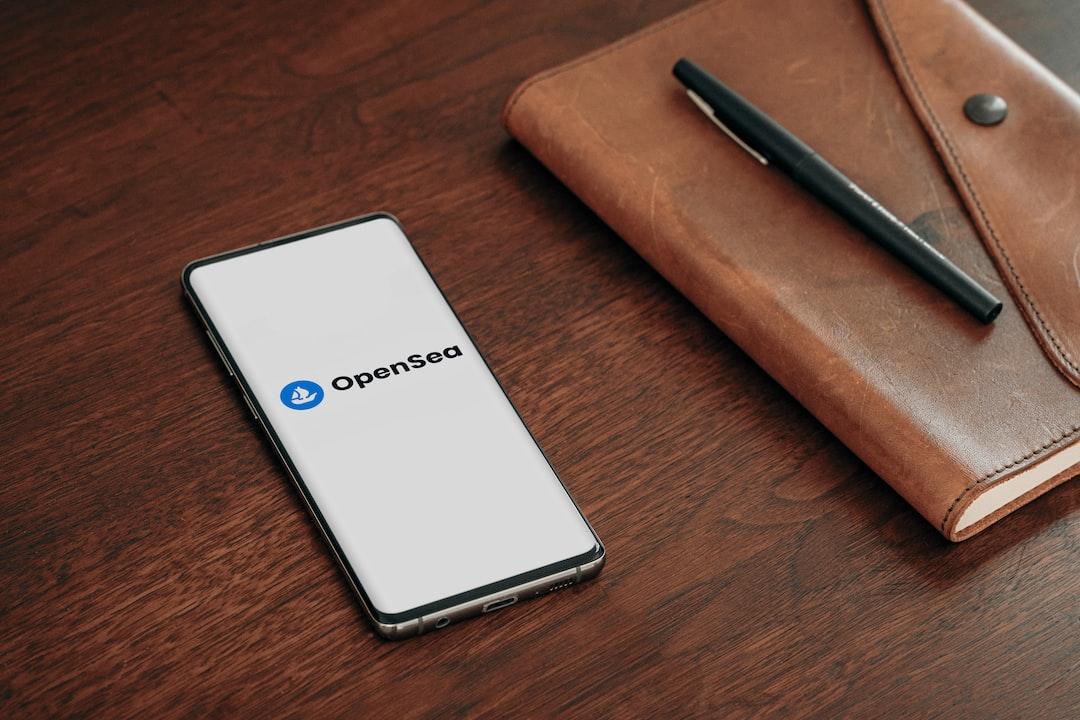CoinWorld reports:
On Wednesday, Julian Assange pleaded guilty to a charge of violating the U.S. Espionage Act. Hours later, the WikiLeaks founder’s brother expressed gratitude to the crypto community, believing that crypto donations have saved Assange from an otherwise grim future.
In an exclusive interview with Decrypt on Wednesday, Assange’s half-brother Gabriel Shipton said, “I have no doubt that if the AssangeDAO community had not been so generous and raised such significant funds to contribute to his freedom, Julian would not be where he is now. Simply put, it saved his life.”
AssangeDAO is a decentralized autonomous organization aimed at assisting Assange’s legal defense. In 2022, it raised approximately $53 million worth of ETH, pooling the funds to purchase a symbolic NFT. The proceeds were then donated to the Wau Holland Foundation to cover Assange’s exorbitant legal fees and other expenses related to the fight for his freedom.
Shipton noted that the large-scale fundraising by the crypto community was entirely unexpected at the time, providing Assange with the means to counter the U.S. government’s punishment for leaking state secrets.
“I think it was a sudden move by the crypto community that caught those pursuing Julian completely off guard,” Shipton said. “They thought they had successfully drained Julian and even our family of funds.”
Shipton stated that these crypto funds not only enabled Assange to mount a proper legal defense but also generated political momentum for his release through social media advertising and numerous lobbying trips by family members, including Shipton himself, to Australia and the U.S.
“I made numerous trips to Washington to advocate for Julian in Congress,” he said. “None of this would have been possible without AssangeDAO.”
Just today, Assange’s family received an additional donation of approximately $500,000 in Bitcoin to cover the final travel and recovery expenses incurred by Assange’s guilty plea on a remote U.S. Pacific territory on Wednesday.
The close ties between WikiLeaks and cryptocurrency date back to Bitcoin’s origins. In 2010, Bitcoin’s pseudonymous creator Satoshi Nakamoto urged WikiLeaks not to accept Bitcoin donations, fearing that such integration would attract government scrutiny of the cryptocurrency.
When WikiLeaks was eventually blacklisted from accepting traditional payment methods, the leak-publishing nonprofit began accepting BTC as a means of survival, providing one of the first concrete use cases for on-chain payments.
In 2017, Assange quelled rumors of his death by reading out Bitcoin’s latest block hash during an online talk.
Shipton believes that the intertwined trajectories of Assange and cryptocurrency are no coincidence.
“For many people, many innovators, many technologists, Julian’s freedom represents their freedom,” Shipton said. “He used technology, cryptography, and internet architecture to spread truthful information.”
Assange arrived in Australia on Wednesday evening local time, marking his first return to the country in years.
After texting with Assange today, Shipton said he believes his brother feels greatly relieved now that he is reunited with family and sleeping in a proper bed.
Edited by Andrew Hayward

